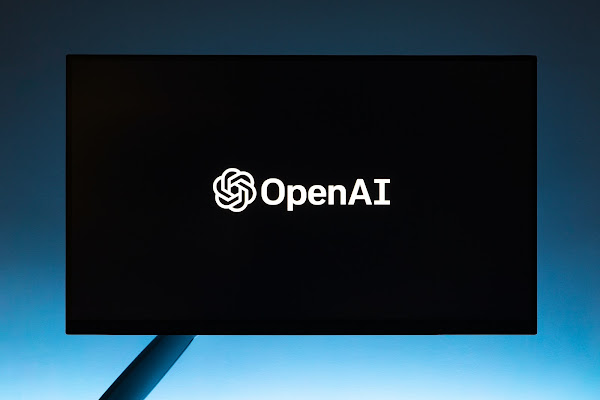ChatGPT, a popular AI language model developed by OpenAI, has gained widespread usage in various industries for its conversational capabilities. However, it is essential for users to be cautious about the information they share with AI models like ChatGPT, particularly when using it for work-related purposes. This article explores the potential risks and considerations for users when sharing sensitive or confidential information with ChatGPT in professional settings.
Potential Risks and Concerns:
- Data Privacy and Security: When sharing information with ChatGPT, there is a risk that sensitive data could be compromised or accessed by unauthorized individuals. While OpenAI takes measures to secure user data, it is important to be mindful of the potential vulnerabilities that exist.
- Confidentiality Breach: ChatGPT is an AI model trained on a vast amount of data, and there is a possibility that it may generate responses that unintentionally disclose sensitive or confidential information. This can pose a significant risk, especially when discussing proprietary information, trade secrets, or confidential client data.
- Compliance and Legal Considerations: Different industries and jurisdictions have specific regulations regarding data privacy and protection. Sharing certain types of information with ChatGPT may potentially violate these regulations, leading to legal and compliance issues.
[…]
Content was cut in order to protect the source.Please visit the source for the rest of the article.
Content was cut in order to protect the source.Please visit the source for the rest of the article.
This article has been indexed from CySecurity News – Latest Information Security and Hacking Incidents
Read the original article:
